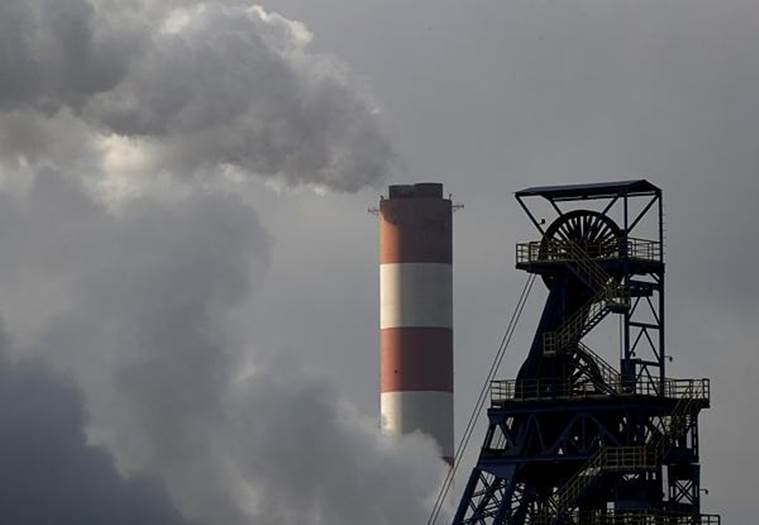As demand for power nosedives, Punjab govt shuts private thermal plants
The three private thermal power plants at Rajpura, Talwandi Sabo and Goindwal Sahib have been asked to shut. The government has also shut down its own power plants in Lehra Mohabbat and Ropar.
 After the imposition of curfew on March 23, with all industries and organisations shut, the demand for power in the state has come down to 2500 MW from an average of 7500 MW during this period. (Representational Image)
After the imposition of curfew on March 23, with all industries and organisations shut, the demand for power in the state has come down to 2500 MW from an average of 7500 MW during this period. (Representational Image)
With demand for power falling to one third of the usual in March-April due to the COVID-19 curfew, the Punjab government ordered shutting down of its own as well as private thermal power plants.
After the imposition of curfew on March 23, with all industries and organisations shut, the demand for power in the state has come down to 2500 MW from an average of 7500 MW during this period. In the evening hours, the peak is 3,000 MW these days, sources said. The weather conditions are also contributing to low demand as the rains have been bringing temperatures down.
The three private thermal power plants at Rajpura, Talwandi Sabo and Goindwal Sahib have been asked to shut. The government has also shut down its own power plants in Lehra Mohabbat and Ropar. Follow LIVE Coronavirus Latest Updates
Chairman of PSPCL Baldev Singh Sran confirmed the development. He said, “Considering the fall in demand, we have shut the thermal plants.”
In the shutdown notices given to the private thermal plants, the PSPCL has said, “The government has imposed complete restrictions in the form of lockdown. As a result, there is drastic reduction in load/demand in the Punjab as all the industrial/commercial units have been shut down.”
The government will not be paying any sustenance charges to these private thermal plants as under the Power Purchase Agreements (PPAs) due to several “uncontrollable” circumstances, and will pay them simple interest for dues. The PSPCL said the government has extended the last date of power bills. This would affect collections. Even the RBI has announced moratorium on EMIs and repayment of credits.
The notice further says, “The imposition of above lockdown qualifies as Force Majeure under the PPA in as much as it prevents the performance of obligations on the part of the procurer including the PSPCL of scheduling the power from your generating station, which events and circumstances are beyond the control of the PSPCL and which could not be avoided by PSPCL under any circumstances even with exercise of prudent utility practices. In the above circumstances of sudden drastic reduction in demand/load in the state of Punjab, presently, you are hereby intimated that PSPCL has been forced to stop scheduling power from your power plant.”
It has further stated that the PSPCL will again start scheduling power from the power plant as per requirement of load/demand in the state.
The shutting down of private thermal power plants has been a long-pending demand with various political parties calling these “white elephants”. The government has also been cornered by opposition parties to renegotiate PPAs due to the burden on the state exchequer as the government has to pay them even when not using the power.
Here’s a quick Coronavirus guide from Express Explained to keep you updated: What can cause a COVID-19 patient to relapse after recovery? | COVID-19 lockdown has cleaned up the air, but this may not be good news. Here’s why | Can alternative medicine work against the coronavirus? | A five-minute test for COVID-19 has been readied, India may get it too | How India is building up defence during lockdown | Why only a fraction of those with coronavirus suffer acutely | How do healthcare workers protect themselves from getting infected? | What does it take to set up isolation wards?







